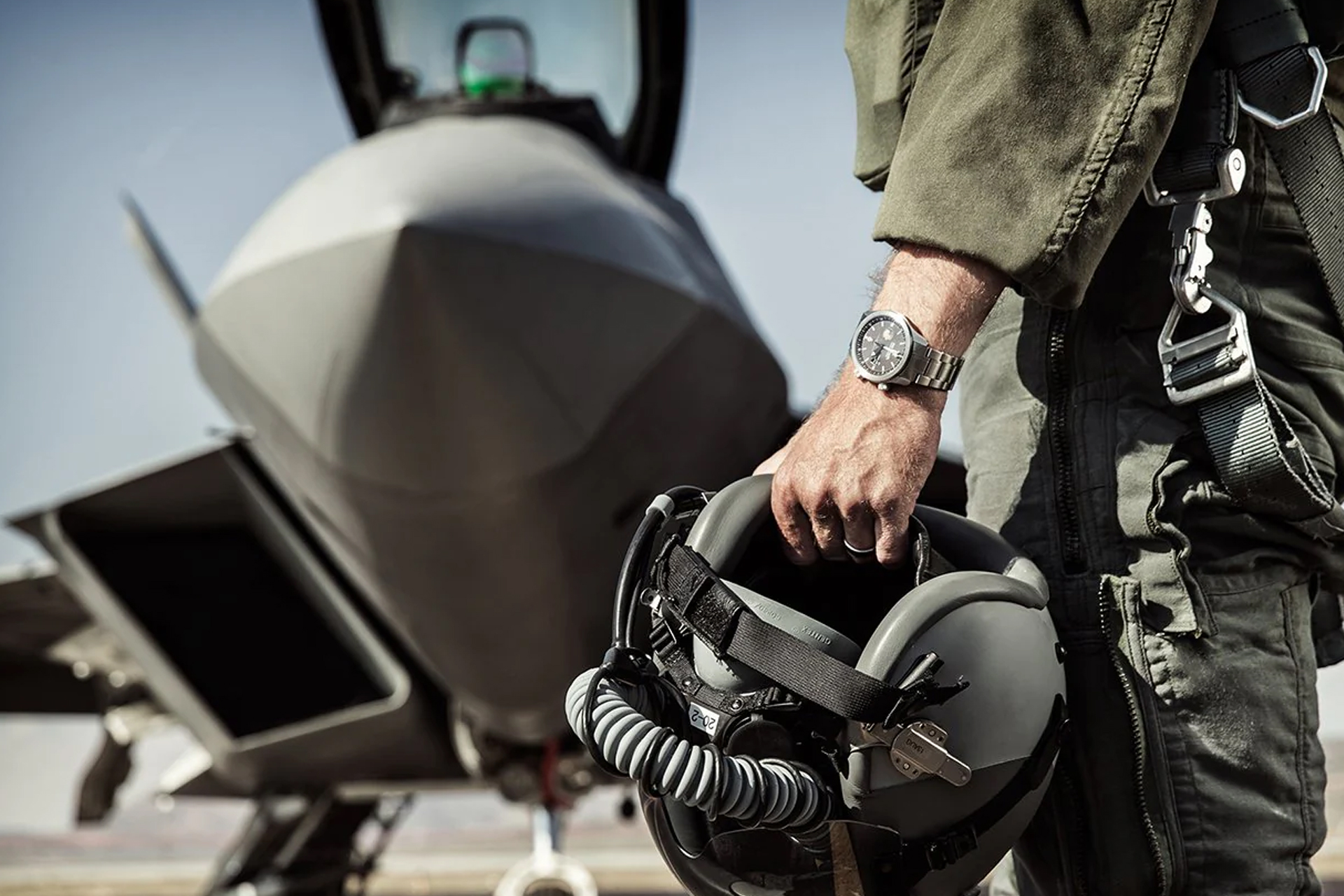If you’re wondering how to become an aviator in Ghana, you’re not alone. Aviation is one of the most exciting and respected careers in the world. Whether you dream of flying commercial jets, helicopters, or military aircraft, this guide will help you understand the steps required to start your aviation journey in Ghana. More importantly, it will walk you through each stage with clarity and confidence.
What Does an Aviator Do?
A professional aviator, or aircraft pilot, is responsible for flying and navigating aircraft safely. Typically, pilots operate everything from private planes to large commercial airliners. As part of their duties, they must ensure that both the aircraft and its passengers remain secure throughout each flight.
Key Responsibilities:
- Flight Operations: Ensuring safe takeoff, in-flight navigation, and smooth landings
- Aircraft Maintenance: Conducting pre-flight checks and reporting faults
- Navigation & Communication: Coordinating with air traffic control and adhering to flight plans
- Emergency Response: Remaining calm and acting swiftly in critical situations to safeguard everyone onboard
Different Career Paths in Aviation
There are several avenues for becoming a pilot, depending on your long-term goals and interests. Here are the most common career paths to consider:
- Commercial Aviation – Flying passenger or cargo planes for airlines
- Military Aviation – Operating aircraft within national defense forces
- General Aviation – Engaging in private flights or becoming a flight instructor
- Aerospace Industry – Working as a test pilot for experimental aircraft and prototypes
Related article: Explore Careers in the Ghanaian Aerospace Industry
How to Become an Aviator in Ghana
Let’s break it down into manageable steps:
1. Focus on Science and Math in School
First of all, your journey starts in high school. It’s important to focus on subjects such as mathematics, physics, and geography. These disciplines provide the foundational knowledge required to understand the principles of flight, aircraft systems, and navigation.
2. Enroll in a Reputable Ghanaian Flight School
Once you complete high school, the next step is to find a GCAA-certified flight school. Choosing the right institution will significantly influence the quality of your training.
Some trusted options include:
These academies offer both theoretical coursework and hands-on flight experience, which are essential for developing your skills.
3. Earn Your Private Pilot License (PPL)
After completing your initial training, your first certification goal is to obtain a Private Pilot License (PPL). This license allows you to fly for non-commercial purposes.
To earn a PPL, you must:
- Complete ground school theory, covering topics like meteorology, navigation, and aerodynamics
- Accumulate a minimum of 40–45 flight hours
- Pass both written and practical exams, regulated by the Ghana Civil Aviation Authority
4. Consider Higher Education in Aviation
Although not mandatory, pursuing a degree in Aviation, Aeronautical Science, or Aerospace Engineering can enhance your career prospects. It also equips you with deeper technical knowledge that can be advantageous in competitive roles.
Moreover, universities in Ghana and abroad offer programs that can complement your pilot training.
5. Pass Your Aviation Medical Examination
Before becoming a licensed pilot, you must pass a comprehensive medical assessment to ensure you are physically and mentally fit to fly.
Medical tests will evaluate:
- Vision and hearing
- Heart and respiratory health
- General fitness and coordination
In addition, you must meet the Ghana Civil Aviation Authority’s medical standards to qualify.
Is Aviation the Right Career for You?
Aviation is ideal for individuals who enjoy problem-solving, decision-making, and adventure. On one hand, it demands discipline and quick thinking. On the other, it offers unmatched job satisfaction.
You’ll need to stay committed to safety protocols, undergo regular assessments, and continue learning throughout your career. Above all, you must have a genuine passion for flying.
Quick Recap: Steps to Becoming a Pilot in Ghana
- Focus on science and math subjects
- Choose a certified flight school
- Earn your PPL
- Consider a degree (optional)
- Pass your medical exams
- Continue with advanced licenses for commercial or military aviation



Leave a Reply